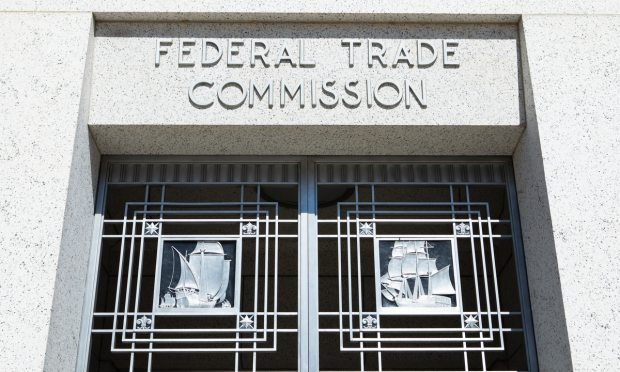Explore the implications for the tech industry and what this means for innovation and competition.

The United States Department of Justice (DOJ) and the Federal Trade Commission (FTC) have reportedly agreed on a strategy for conducting an antitrust investigation into major tech companies Microsoft, Nvidia, and OpenAI.
These companies are key players in the field of generative artificial intelligence: OpenAI, known for developing the popular AI chatbot ChatGPT, is a nonprofit startup. Microsoft, the world’s largest company by market capitalization, has invested over $13 billion in OpenAI and holds a 49 percent stake in its for-profit subsidiary.
Nvidia, a leading chipmaker, dominates the market for graphic processing units (GPUs), essential hardware for AI. The company recently reached a valuation of $3 trillion, surpassing Apple to become the second-largest company globally.
US authorities are likely investigating whether these tech giants have engaged in anticompetitive practices to dominate the rapidly growing AI industry.
According to reports from various US media outlets, the FTC will investigate Microsoft and OpenAI, while the DOJ will focus on Nvidia.
Why is the US government launching this investigation?
Regulators and observers are concerned about a few companies monopolizing the AI industry and potentially stifling competition from smaller firms and startups through unfair practices.
The US government has previously investigated Google’s search engine monopoly and Meta’s dominance in social media, considering its ownership of Facebook, Instagram, and WhatsApp.
These cases reflect a significant policy shift in the US over the past five years towards increased regulation, moving away from previous pro-market attitudes, according to Dirk Auer, director of competition policy at the International Center for Law & Economics in Portland, Oregon.
“Enforcers in both the United States and the European Union are eager to pursue cases in the generative AI sector. They view this as a significant emerging area and believe that their failure to address competition issues during the early stages of Web 2.0 led to increased market concentration and less competition,” Dirk Auer explained to Al Jazeera.
Why are the investigations divided between two government agencies?
Both the FTC and the DOJ are tasked with enforcing federal antitrust laws.
The DOJ focuses on criminal enforcement, while the FTC handles civil enforcement, but their roles can overlap. Before starting an antitrust investigation, the two agencies must inform each other due to their shared responsibilities.
In 2019, the FTC and DOJ collaborated on a landmark case against Facebook, Amazon, Apple, and Google’s parent company Alphabet, resulting in lawsuits against these tech giants for alleged antitrust violations.
Experts suggest that the investigation into Microsoft, Nvidia, and OpenAI could follow a similar path.
Why are they acting now?
Barry Barnett, an antitrust lawyer at Susman Godfrey, suggested that the agencies might be acting before the statute of limitations expires or trying to advance their inquiries before the US presidential election in November.
Barnett also mentioned that there might be a growing realization that Congress is unlikely to pass legislation offering a regulatory alternative to litigation against dominant AI firms.
In this context, both the FTC and DOJ have been active this year. The DOJ filed an antitrust lawsuit against Apple in March for monopolizing the US smartphone market, while the FTC is separately investigating a $650 million deal between Microsoft and another AI startup, Inflection.
Have these companies been anticipating an investigation?
Microsoft, OpenAI, and Nvidia should not be surprised by the impending federal investigation.
In January, the FTC began examining investments by Microsoft, Amazon, and Alphabet (Google’s parent company) into OpenAI and Anthropic, another generative AI firm.
FTC Chair Lina M Khan stated that the agency aims to “shed light on whether investments and partnerships pursued by dominant companies risk distorting innovation and undermining fair competition.”
What could a lawsuit accomplish?
The goal of an investigation would be to enhance competition in the tech industry, a feat regulators have achieved in the past, according to Barnett.
The US government famously dismantled telecom giant AT&T in 1984, and in 2001, won a landmark case against Microsoft for monopolizing web browsers on the Windows operating system.
Barnett noted that these cases “both released enormous creative potential and greatly improved innovation in the tech sector.”
However, Auer expressed doubts about the viability of a case against Nvidia, Microsoft, and OpenAI.
“There are two main issues with these AI cases. First, the generative AI space currently appears very competitive, making it a less ideal target for antitrust intervention,” Auer said.
“Second, these deals with big tech firms seem highly beneficial for generative AI startups,” Auer added, noting that increased regulation could slow down financing and investment approvals, hindering further research and innovation.